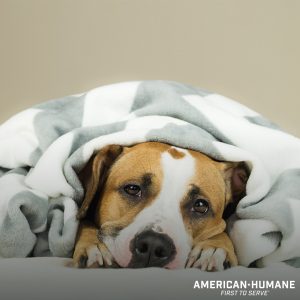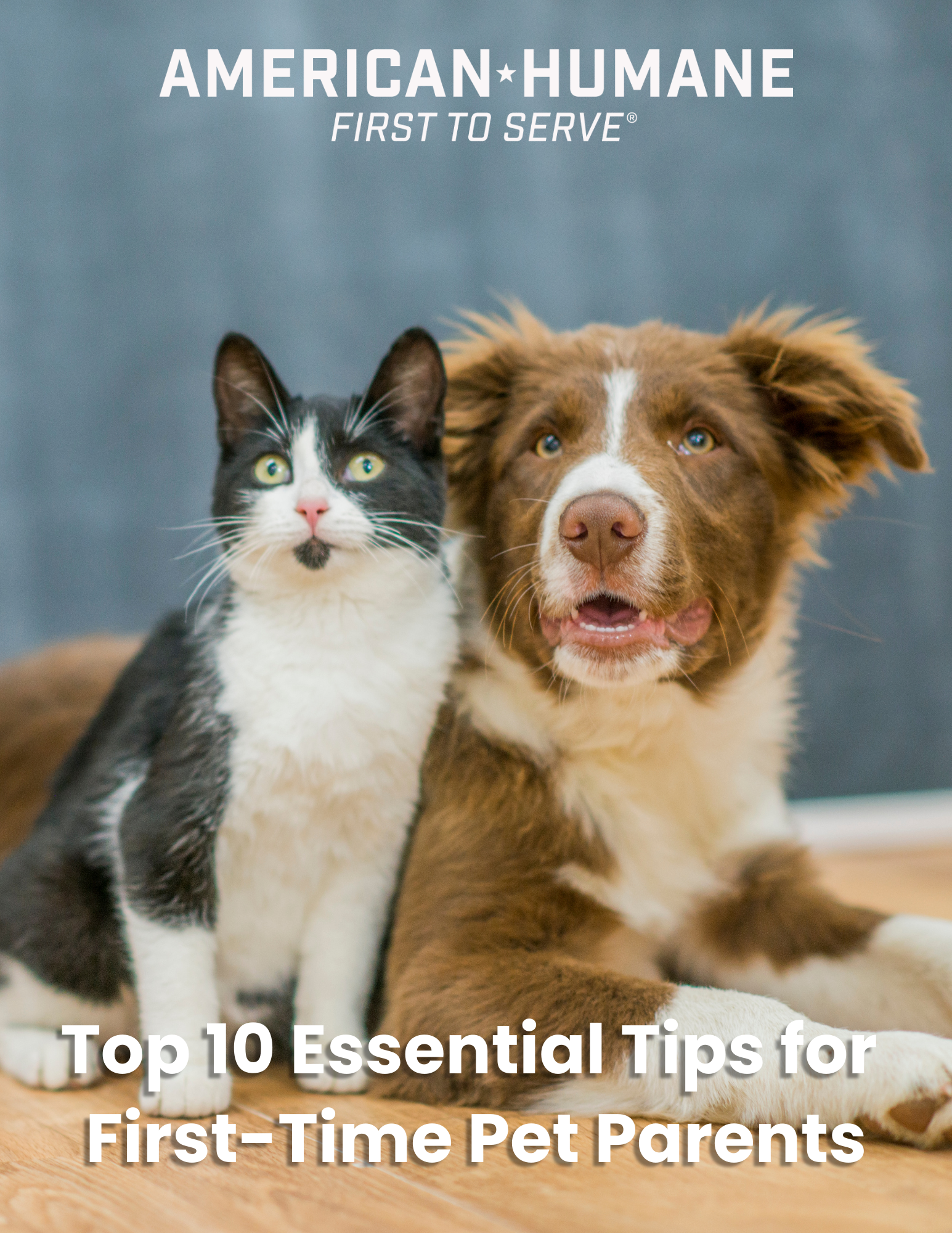
PREVENT ACCIDENTAL POISONINGS
BE CAREFUL WHAT YOU PLANT
Although plants provide clean air and immense beauty, many are also poisonous/toxic to pets. Several of the beautiful flowing plants we bring into our homes such as those in the Easter lily family, mistletoe and Dieffenbachia may cause medical problems in pets, such as renal failure, irregular heartbeats, cardiac shock and even death. Other examples of toxic plants include azalea, oleander, castor bean, sago palm, azalea, rhododendron and Japanese yew.
If you have these plants and cannot stand the thought of giving them up, place them in an unreachable location so the animal cannot chew or dig them up.
Another solution is the use of an indoor mini-lawn for cats to nibble. While outside grass can be loaded with deadly fertilizers and pesticides, an indoor mini-lawn provides a safe, edible source of greenery. Special feline gardens are available commercially or you can start your own kitty garden using a bowl, soil and grass seed.
You can grow catnip too but monitor how much your cat chews. While catnip generally isn’t toxic to cats, too much of the fresh plant can overstimulate the central nervous system and cause a cat to injure himself.
If your pet does chew on a plant, immediately remove the plant from its mouth and rinse the mouth gently with water. Identify the plant your pet ate and call the poison center or your veterinarian. Watch for excessive or foamy salivation and changes in the skin around the mouth, eyes or paws.
PEOPLE FOODS, CHEMICALS AND MEDICATIONS
People often make the mistake of thinking that people food is okay for pets. Sometimes it is, and sometimes it is not. Here are some foods to avoid giving to your pets.
- Milk is not easily digested by most adult animals and can cause them to develop diarrhea.
- Bones are very dangerous. They can lodge in a dog’s passageways or cut its intestines.
- Chocolate, especially baking chocolate, can be lethal and should be avoided at all times.
- Onions can destroy a dog’s red blood cells, leading to anemia.
- Rich, fatty foods such as turkey skins or gravy can cause pancreatitis, and inflammation of a digestive gland, and can be very painful and serious.
- Grapes and raisins can lead to loss of appetite, vomiting, diarrhea, abdominal pain and acute renal failure in dogs, resulting in death.
- Coffee is also dangerous to animals. Watch out for grounds and whole beans.
- Nicotine is a stimulant that can increase the heart rate, leading to collapse and, in the worst case, death.
- Alcoholic beverages should be kept away from animals at all times.
Also, be as vigilant at poison-proofing your house for a pet as you would be for a child. Keep cleaning products in a high, closed cabinet. There should be nothing below counter level because liquid drain cleaners, as well as tub and tile cleaners, can be lethal. Also, take precautions in the garage — bags of insecticide and auto care liquids need to be stored high off the ground.
Another critical step in avoiding pet poisonings is to read labels. Flea control is commonly labeled specifically for dogs or cats. This is because some of the agents used for dogs are not safe for cats. Follow the label directions and amounts correctly.
Some pet owners may mistakenly think that the medications used to treat human symptoms will work for animals as well. Never give your animal a human medication. Even something as simple as aspirin can be lethal to your pet. Acetaminophen is toxic to your cat and should never be used. Medications such as birth control and vitamins can also cause severe problems.
Cats tend to be attracted to unusual flavors, so keep them away from calamine lotion, diaper rash ointments, sunblock and analgesic ointments. These products contain an acid related to those in aspirin and will prove toxic if ingested.
And remember, administer only medications prescribed or approved by your veterinarian.
PREVENTING INTENTIONAL POISONINGS
There are an estimated 232,000 cases of pet poisoning annually in the U.S., according to veterinary experts at WebMD Pet Health Center. Most of these poisonings can be addressed through owner awareness.
In many cases of intentional poisoning, an animal has disturbed a neighbor or relative, and as retaliation, the animal is poisoned. What can pet owners do to prevent this? If you know you have a problem with a neighbor or relative, try to work it out with him or her. For example, if your dog is barking in the middle of the night, it may become a problem that others attempt to solve themselves. Showing your neighbors respect will go a long way. However, if you suspect your dog is at risk, don’t hesitate to contact authorities. Also, make sure to keep your dog in sight at all times.
One of the first measures to take if you suspect your animal may be in danger of being poisoned is to observe your neighbors. See if their behavior reflects ill feelings toward your pet. If this is the case, talk to them.
Also, be on the lookout for foreign objects and food products in your yard. If you see something suspicious, call your vet or the ASPCA Animal Poison Control Center Phone Number: (888) 426-4435. If you find food products, freeze a sample of them immediately. This preserves the substance for lab testing by authorities.
There are many things that can poison an animal. Pesticides and insecticides are common in cases of intentional and accidental poisonings. Rodent poisons are also common. If you suspect these substances were used, look for bluish-green pellets in areas frequented by your pet, as well as in its stool.
Because animals are attracted to its sweet taste, antifreeze can easily be used to taint an animal’s food or drink. In cases of antifreeze ingestion, look for florescent green vomit. Also, switching your vehicle to a low-toxicity brand of antifreeze can help reduce the risk of a fatal poisoning.
WHAT TO DO IF YOUR PET IS POISONED
If you suspect your pet has been poisoned, what can you do to increase its chances for survival?
BE PREPARED
Post your veterinarian’s telephone number in a convenient location. You should also post the address and number of a nearby emergency clinic, along with the number of the ASPCA Animal Poison Control Center: (888) 426-4435. Because neighborhood veterinary clinics rarely see poisonings, the ASPCA Animal Poison Control Center is a unique resource for both pet owners and veterinarians. They employ a staff of veterinarians and licensed technicians who are skilled in veterinary toxicology and are available 24 hours a day. The ASPCA Animal Poison Control Center can provide very detailed treatment protocols to your veterinarian.
TAKE IMMEDIATE ACTION
If your pet ingests poison, make sure to observe the animal closely. To treat a poisoning successfully, it’s helpful to have a history of your pet’s symptoms, including when the symptoms were first noticed, where the animal has been in the past few hours, and whether anything has been seen in the yard (pieces of uneaten meat, any vomit with discoloration) or passed through the stool.
PROVIDE A HISTORY
Providing a detailed history of symptoms to your veterinarian is critical. Immediately collect and preserve any vomit, food products you may find, medication bottles and stool samples to help your vet rule out or determine intentional poisoning. Freezing vomit and stool samples is the best method to preserve them as evidence. You can do this yourself or take it to your vet to freeze and later send to a laboratory for testing.
As a concerned pet owner, it’s up to you to provide your vet with information that could potentially save your pet’s life. Symptoms are important as they allow vets to work backward and figure out the cause. Only after other explanations can be ruled out can your vet explore the idea that someone may have maliciously poisoned the animal.
BE AWARE
Following these steps may help save your animal’s life after an accidental or intentional poisoning. If you have cats, keep them indoors. If you have dogs, be aware of their surroundings and behavior and don’t let them roam free.

